News
15 Reasons Adult Children Are Cutting Off Their Parents
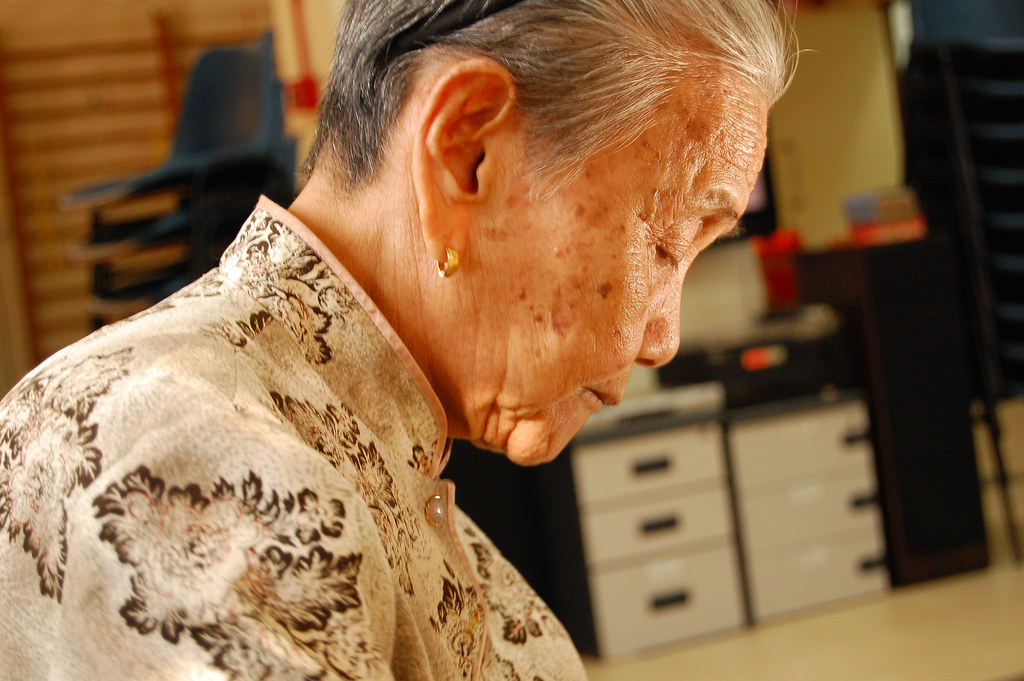
Family estrangement often carries a heavy stigma, especially when it’s between a parent and child. But many adult children who cut off contact do so after years of trying, waiting, and hoping for change that never came. The reasons are often layered, painful, and deeply personal. Below are 15 of the most common reasons adult children choose distance over continued hurt.
Emotional abuse was never acknowledged.

Being constantly criticized, yelled at, or shamed leaves lasting wounds, especially when it starts in childhood. But what hurts even more is when a parent denies it ever happened. When adult children bring up past emotional abuse and are met with gaslighting or indifference, it feels like a second betrayal. Healing can’t begin if the harm is never acknowledged.
Boundaries were repeatedly crossed.
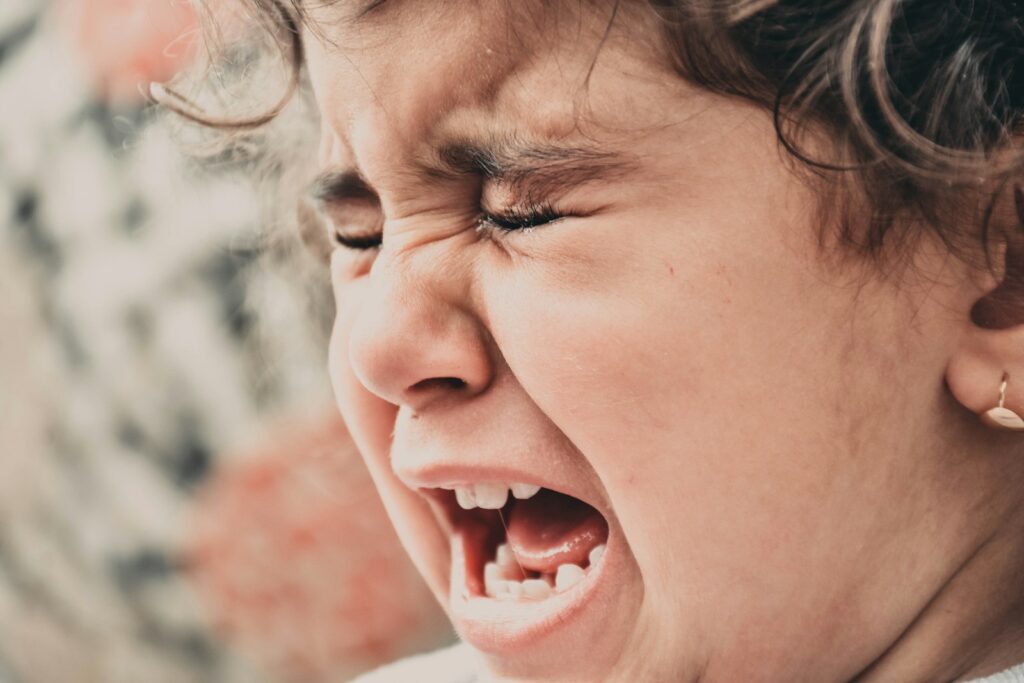
Boundaries are a form of respect, but some parents ignore them—even after they’ve been clearly stated. They may insist on knowing everything, show up unannounced, or push their way into personal decisions. When repeated efforts to set limits are brushed off or mocked, adult children often feel they have no choice but to create firm distance.
Everything becomes about the parent’s feelings.
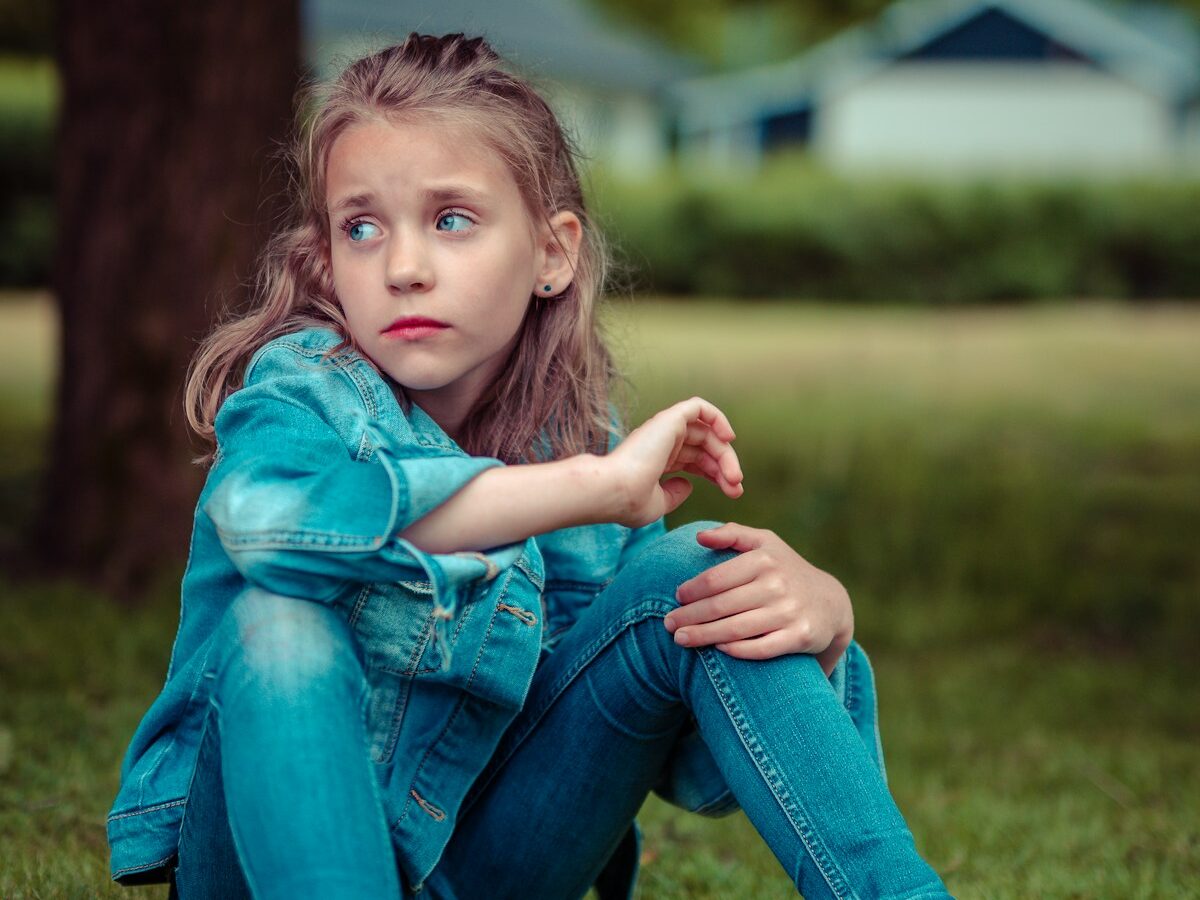
In some families, whenever the adult child brings up an issue, the parent responds with defensiveness, guilt, or anger—making the conversation about themselves. If a child says they felt hurt, the parent says, “I did my best,” or “You’re making me feel like a bad parent.” When emotional support only flows one way, and even honest communication triggers blame or shame, the adult child learns that vulnerability will only backfire.
They never felt emotionally safe growing up.
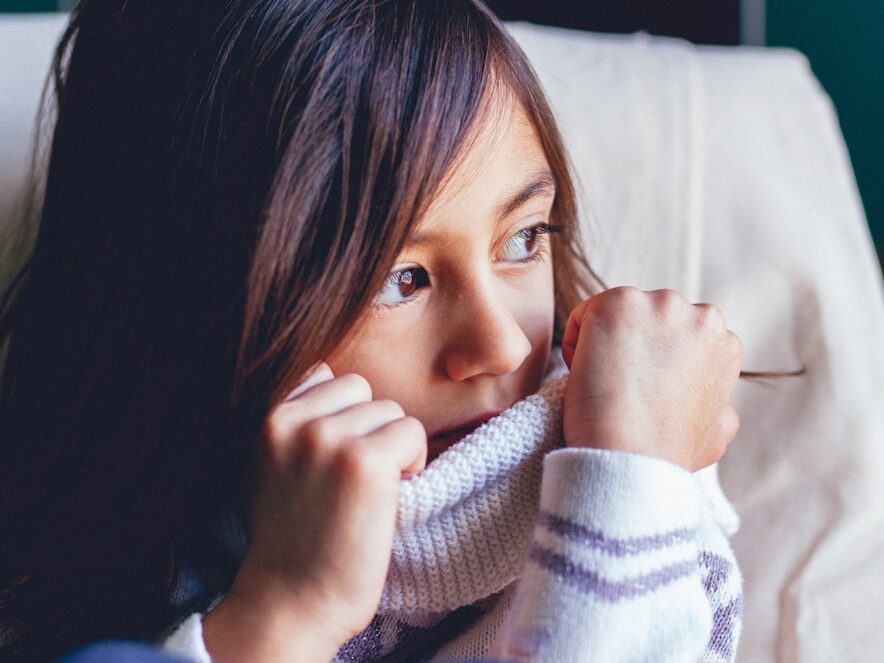
For many, the hurt isn’t tied to a single event—it’s the lifelong absence of warmth, validation, or emotional availability. Parents who dismiss feelings, avoid affection, or respond to sadness with irritation create children who never feel safe expressing themselves. As adults, those children may realize the love they’ve been chasing was never really there. When they try again and find the same emptiness, they stop. Not out of bitterness but because the emotional cost is too high to keep pretending.
The parent refuses to take responsibility.
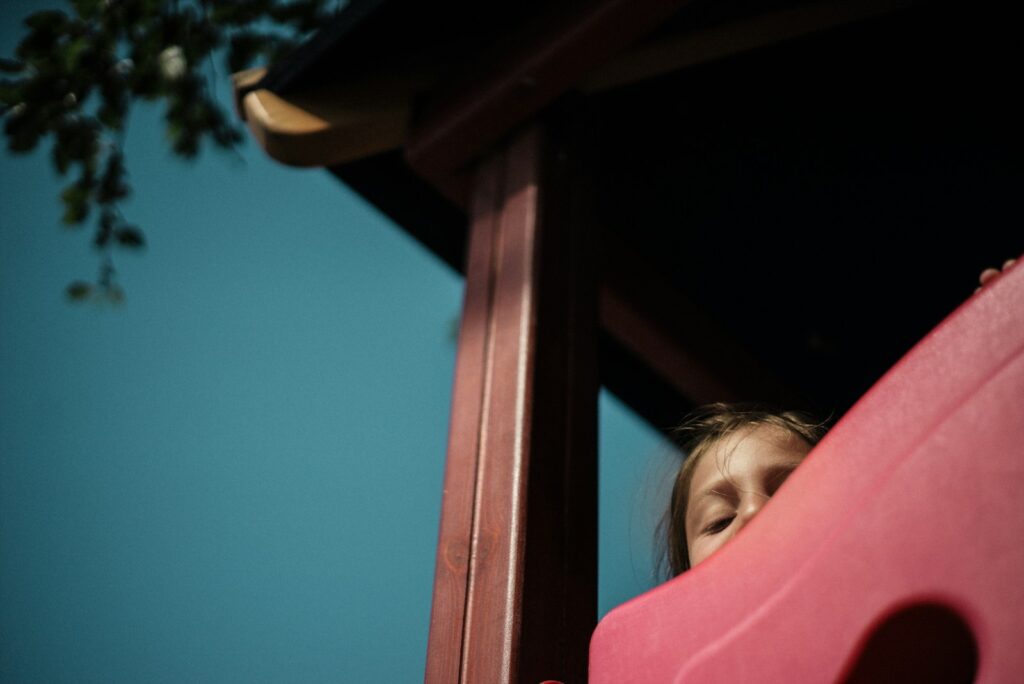
A meaningful apology can rebuild trust. However, some parents respond to their child’s pain with denial, defensiveness, or a refusal to reflect. They say things like, “That’s just how I was raised,” or “You’re too sensitive,” instead of owning up to harm. This lack of accountability signals that emotional safety is still off-limits. If you can’t admit how you hurt someone, you can’t repair the damage. Adult children eventually stop explaining and start protecting themselves in the only way they know how: by stepping away.
The relationship feels one-sided.

Some adult children notice that they’re always the ones calling, visiting, or supporting. The connection feels like a job—one they do out of duty, not closeness. Meanwhile, the parent only reaches out when they need something. Over time, this imbalance becomes emotionally exhausting. Relationships need reciprocity. If you’re always giving but rarely receiving genuine care or interest in return, the connection starts to feel hollow.
They’re protecting their own children.

Adult children often strive to raise their kids in healthier ways than they were raised. If their parent continues to display controlling, cruel, or invalidating behavior, especially in front of grandchildren, it becomes a clear red line. It’s not about punishing the grandparent. It’s about creating a safe emotional environment for the next generation. Parents who ignore their adult child’s boundaries, undermine their parenting, or speak harshly to grandkids may find themselves cut off, not out of malice, but out of fierce protection.
Guilt was used as a weapon.
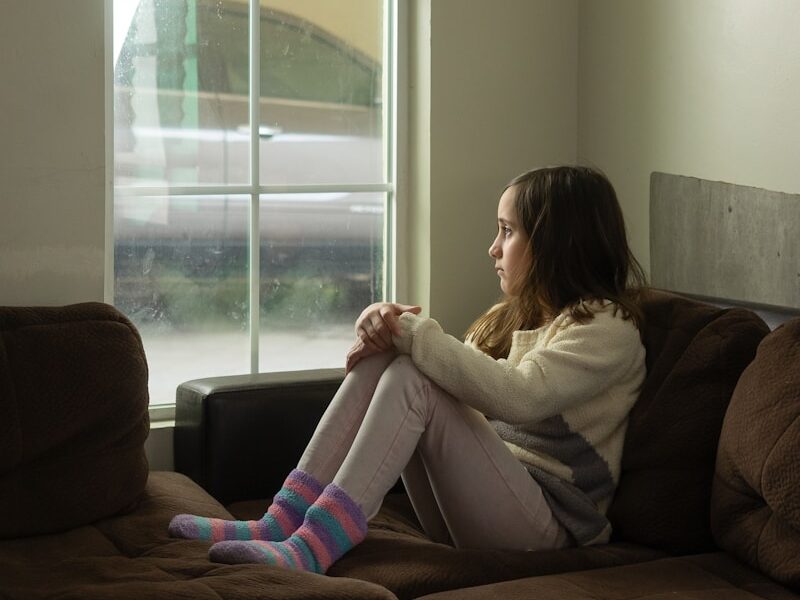
Statements like “After all I’ve done for you” or “You’ve changed” may seem like expressions of pain, but often they’re subtle forms of control. Guilt becomes a way to make the adult child feel like they owe constant access, obedience, or emotional caretaking. When love is offered conditionally, or affection disappears the moment they set a boundary, the relationship stops feeling safe. No one should have to earn their parent’s love by suppressing their own needs.
Values and beliefs became incompatible.

Differences in religion, politics, or lifestyle don’t automatically lead to estrangement—but when one party insists the other is wrong, sinful, or shameful, things begin to unravel. Some parents can’t accept who their adult child is, especially when it comes to identity, parenting choices, or beliefs. If conversations repeatedly turn into lectures or judgment, emotional safety erodes. Many adult children choose peace over trying to explain themselves for the hundredth time.
Substance abuse made the relationship toxic.

A parent who struggles with addiction often creates a home filled with chaos, inconsistency, and trauma. As adults, children of addicted parents may try to maintain the relationship—until they realize the behavior hasn’t changed. Lying, emotional volatility, broken promises, or financial manipulation become too much. Even if the adult child still cares, they may walk away to protect their own mental health.
There was never an apology.

A sincere apology can shift everything. But many adult children wait years for one that never comes. Instead, they’re told to “let it go” or “move on,” often without any acknowledgment of the pain they endured. An apology isn’t about rehashing the past—it’s about validating someone’s experience. When a parent refuses to say “I’m sorry,” they send a message that their pride matters more than reconciliation. Over time, silence speaks louder than words and becomes the reason someone finally walks away.
Emotional support was never there when it mattered most.
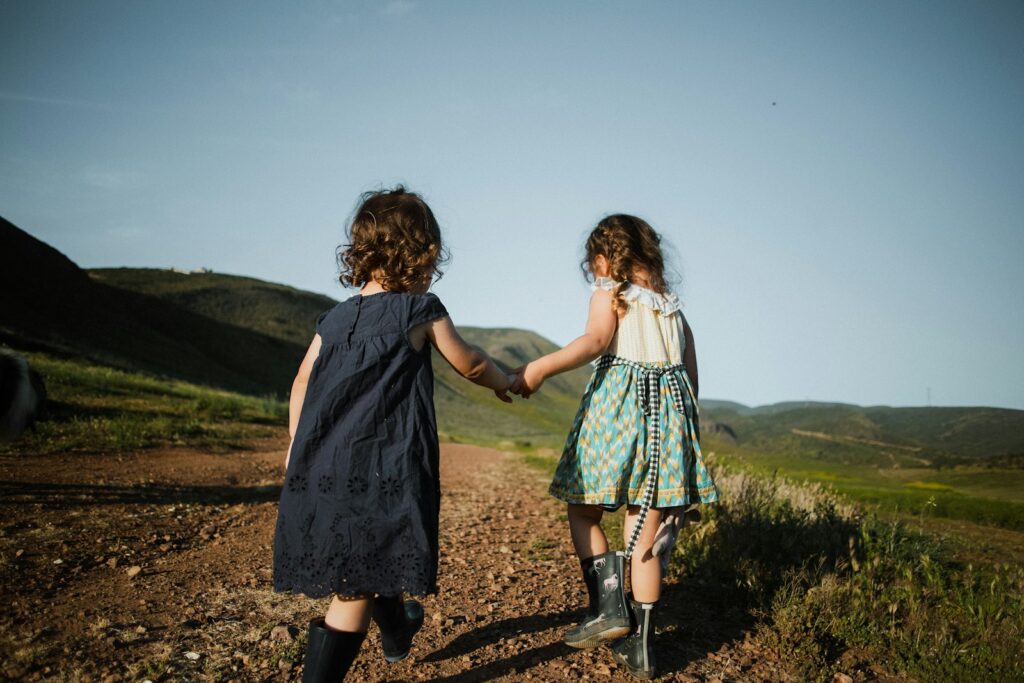
We don’t forget who showed up for us during the hardest chapters of life. Some adult children remember being alone during illness, divorce, or deep emotional distress—while their parents minimized or ignored their pain. That absence isn’t easily forgotten. When someone fails to support you when you’re most vulnerable, it shifts the entire foundation of trust. You start asking yourself why you keep turning to someone who never shows up. Eventually, you stop turning—and start moving on.
Conversations always lead to conflict.

When every interaction ends in tension, misunderstanding, or defensiveness, you start avoiding contact. Some parents can’t engage without escalating things, turning small disagreements into major blowouts. Others use passive-aggression or sarcasm that leaves their child emotionally drained. The adult child may try to adjust, defuse, or compromise—but nothing changes. Peace becomes something they have to create on their own, away from the cycle of conflict.
Favoritism left lasting scars.
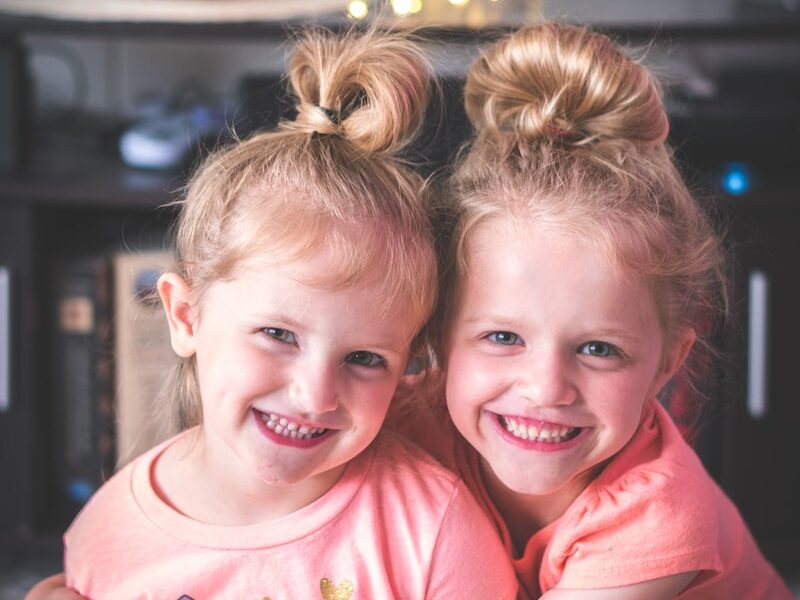
Being treated as the “difficult one” or the “less successful sibling” can leave wounds that never fully heal—especially when parents deny the imbalance. When one child is consistently praised and supported while another is criticized or ignored, it creates deep emotional fractures. Adult children may tolerate it for decades, hoping for fairness or validation that never comes. Eventually, they choose to leave rather than keep playing a role they never agreed to.
Estrangement was the only path to emotional freedom.

Sometimes, the decision to walk away comes after years of trying everything else. The adult child may have set boundaries, gone to therapy, initiated hard conversations, and waited patiently for change. But when nothing shifts, they realize the relationship only thrives when they silence parts of themselves. Estrangement becomes less about cutting someone out and more about cutting loose the guilt, shame, or pain that came with staying.

